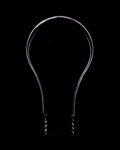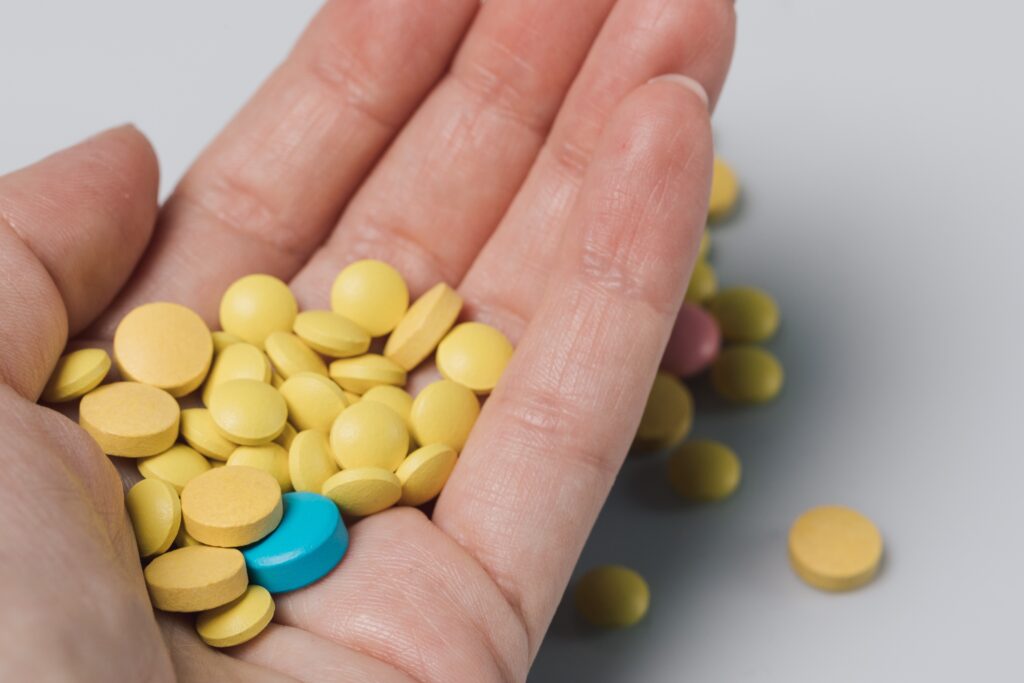How Long Does It Take To Feel Alcohol’s Effects?

While some might feel the effects of alcohol right away, others take longer to experience alcohol’s side effects fully. Why? What about alcohol affects how quickly it impacts your blood alcohol concentration?
How long does it take for alcohol to impact your system?
When you drink alcohol, it enters the bloodstream through the stomach and small intestine and how long it takes to affect your system depends on the amount of food in your stomach. For instance, someone drinking on an empty stomach can feel effects in as little as 10 minutes. This rapid absorption occurs because there is less food to slow down the passage of alcohol into the bloodstream.
When alcohol is consumed with food, however, the absorption rate slows down and individuals may not feel the effects for up to 30 minutes or more.
Additional factors that influence how long it takes to feel alcohol’s effects include:
- Type of alcohol – Spirits with higher alcohol by volume (ABV) can produce effects faster than beer or wine, which generally contain lower ABV levels. This difference means that a shot of whiskey may lead to noticeable impacts faster than a glass of beer
- Individual metabolism – Each person’s body processes alcohol differently and age, gender, body weight and overall health change how quickly someone feels the effects
- Drinking rate – Drinking several drinks in rapid succession can lead to a quicker and more intense onset of intoxication, whereas slowly sipping one or two drinks will take much longer to feel any effects
- Hydration – Hydration level can also influence someone’s response to alcohol, as dehydration can exacerbate the effects, leading to quicker intoxication and a more severe hangover the following day
What are the short-term side effects of alcohol?
When drinking, it is crucial to recognize that alcohol can have various short-term side effects at any time. These include:
- Impaired cognitive functioning – Individuals under the influence may engage in risky behaviors, such as driving with a slowed reaction time or poor decision-making, including promiscuity or petty crime
- Slurred speech and drowsiness – Alcohol can affect the brain’s ability to process information quickly, resulting in difficulty articulating words and forming coherent sentences. Additionally, as alcohol depresses the central nervous system, individuals may experience a sense of relaxation or drowsiness, contributing to an overall feeling of lethargy
- GI upset – Alcohol can irritate the stomach lining, leading to nausea and vomiting as the body attempts to eliminate the toxin. This reaction can lead to dehydration, headaches and fatigue
- Mood swings – Initially, alcohol may produce feelings of euphoria and relaxation, but as consumption increases, individuals may experience other emotions like aggression, sadness or anxiety
- Sleep interference – While many people consume alcohol to help them feel drowsy, it disrupts standard sleep patterns by interfering with the sleep cycle, leading to poor-quality sleep and restlessness
- Risk of alcohol poisoning – This potentially life-threatening condition can occur when a person consumes a large amount of alcohol in a short period. Symptoms of alcohol poisoning include confusion, vomiting, seizures, slow or irregular breathing, hypothermia and unconsciousness. It happens when excessive alcohol consumption leads to a dangerously high blood alcohol concentration (BAC), which can depress the body’s gag reflex, impair breathing and slow heart rate
Not everyone who consumes alcohol will experience all these side effects, and not all the side effects will be experienced at once. What is essential, however, is to note that alcohol, no matter the amount of consumption, impacts the body overall.
How long do the effects of alcohol last?
Once alcohol is absorbed into the bloodstream, its effects can vary widely. Typically, the initial effects (euphoria, lowered inhibitions and increased sociability) can last several hours, depending on the amount consumed. The peak effects of alcohol usually occur 30-90 minutes after the first sip, at which point individuals may experience heightened feelings of relaxation and euphoria. However, as the body metabolizes the alcohol, these effects will diminish.
The liver metabolizes alcohol relatively constantly, averaging about one standard drink per hour for most adults. A standard drink is generally defined as containing about 14 grams of pure alcohol, which is found in:
– 12 ounces of beer (approximately 5% ABV)
– 5 ounces of wine (approximately 12% ABV)
– 1.5 ounces of distilled spirits (approximately 40% ABV)
As the body processes the alcohol, individuals may begin to feel a decline in the initial effects, transitioning into a possible state of fatigue, decreased coordination and impaired cognitive function. The duration and intensity of these final effects depend on the above factors.
Why don’t I feel drunk right away?
An interesting phenomenon is when you drink a large amount in a short period, feel minimal effects and then suddenly experience all of the impact at once — why?
It has to do with how quickly the stomach allows the alcohol to move into the small intestine before being absorbed into the bloodstream and processed by the liver.
The liver can process only so much alcohol at once (about a drink an hour), so the remainder of the alcohol remains in the bloodstream, significantly increasing blood alcohol concentration (BAC).
In short, the delayed sensation of feeling drunk after consuming a large amount of alcohol can be attributed to the way each body processes it. Additionally, the initial stimulant effects of alcohol can create a misleading sense of control and alertness, further delaying the recognition of intoxication.
Looking for support?
If you need support for concerns with alcohol consumption, abuse or misuse, reach out to Silver Ridge Recovery by calling 855-945-7788 or fill out an online contact form to get in touch today.









